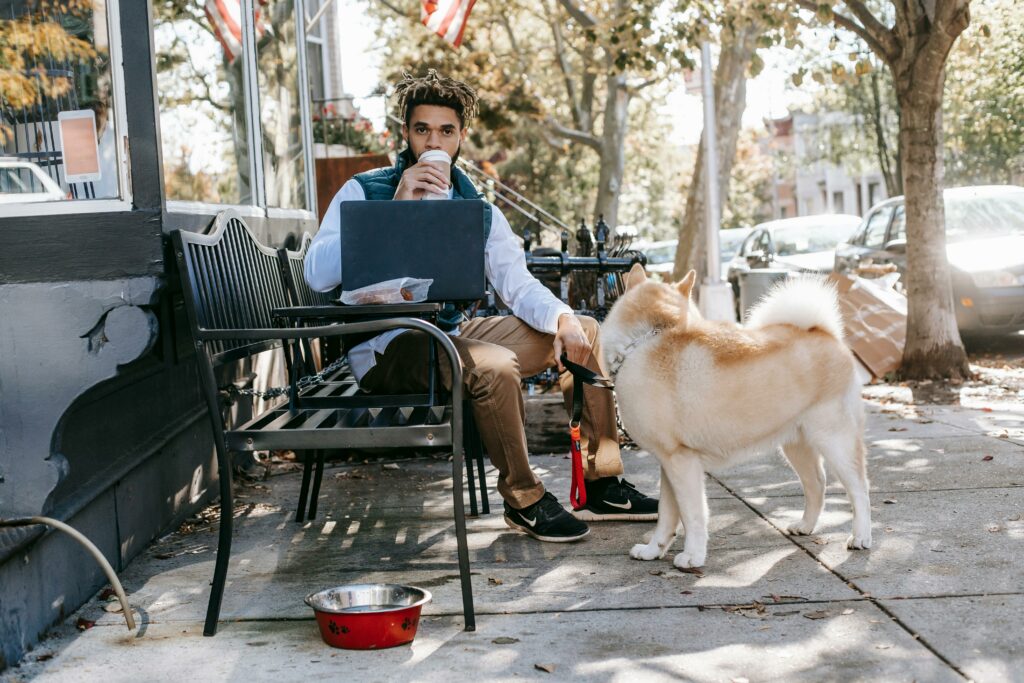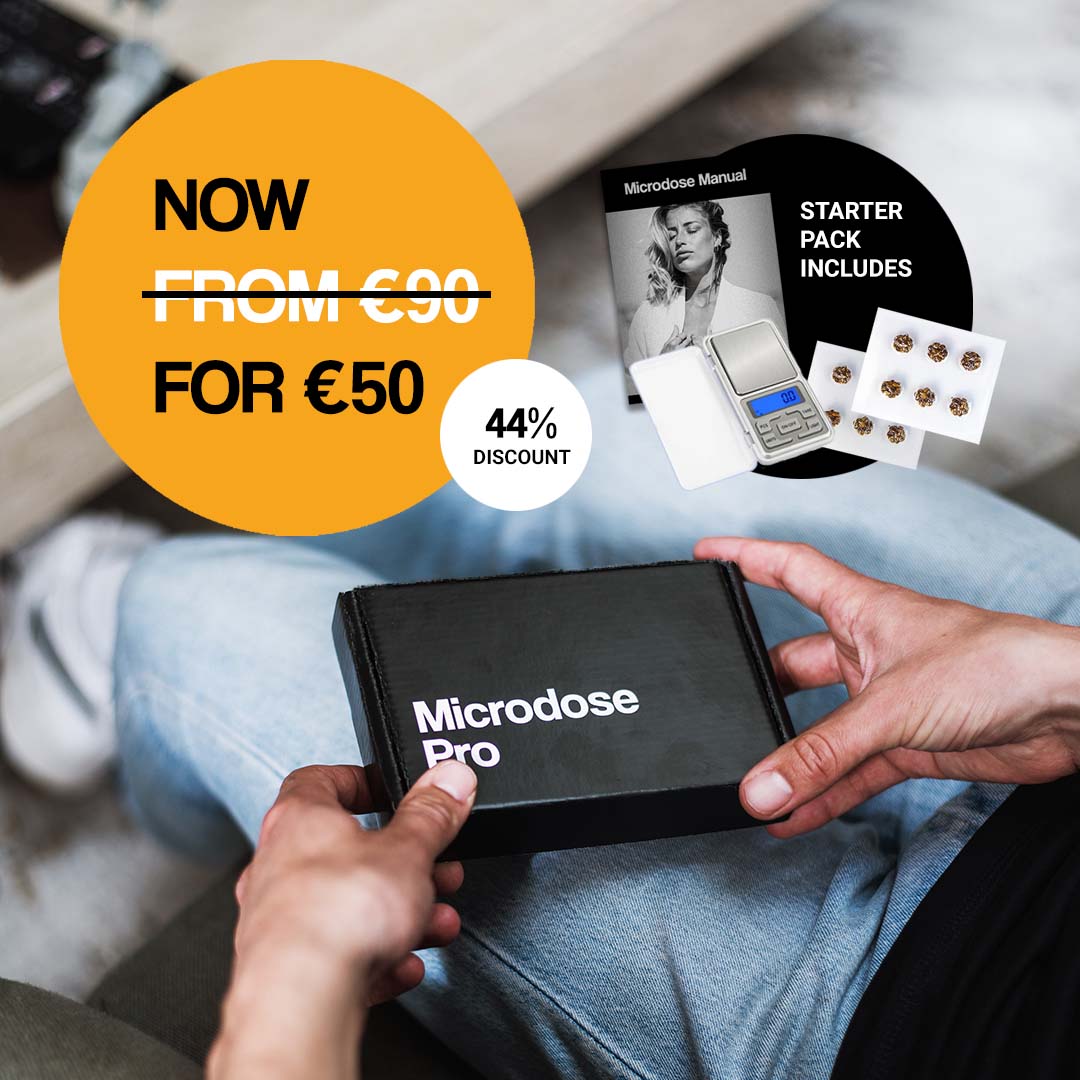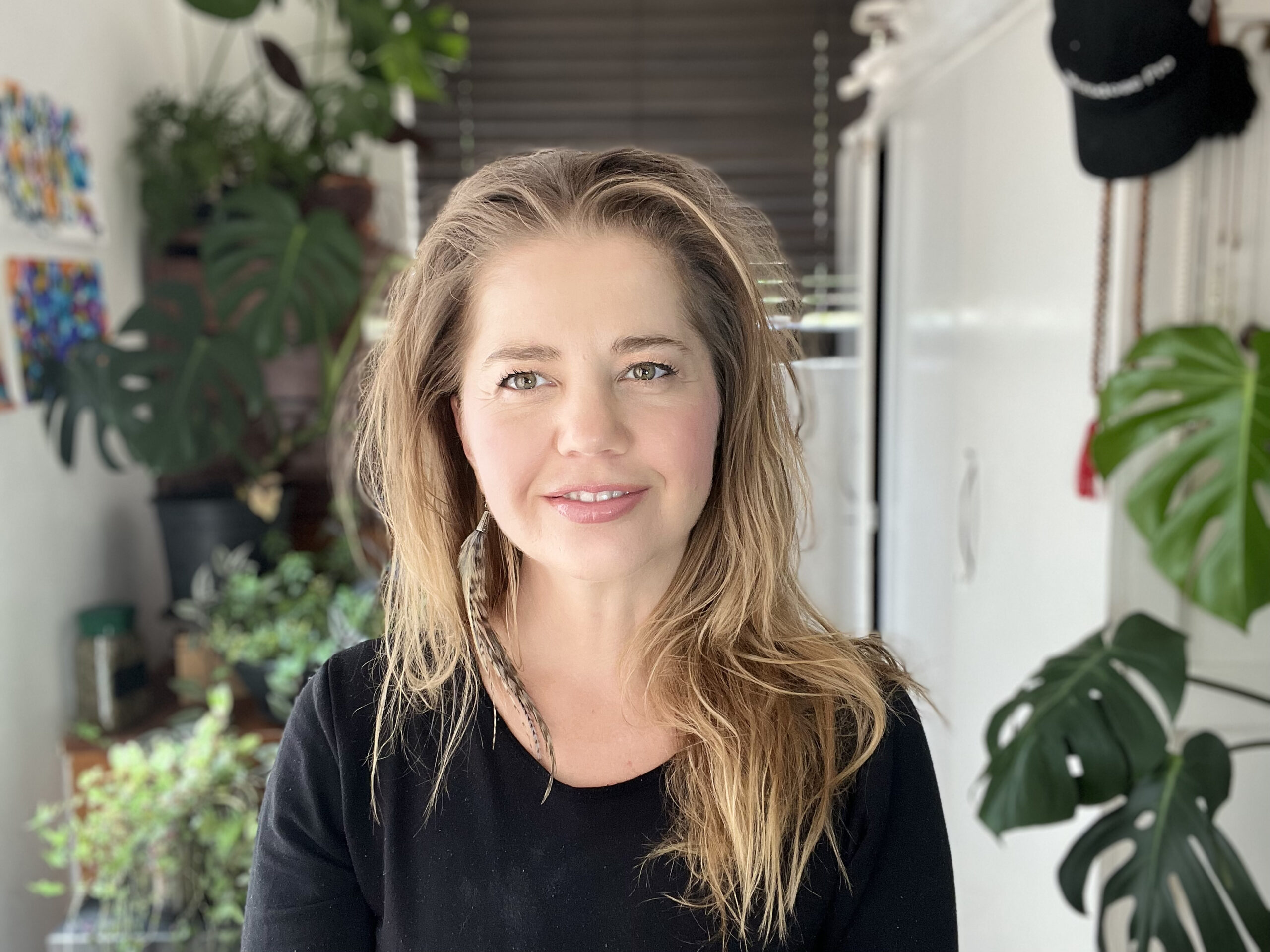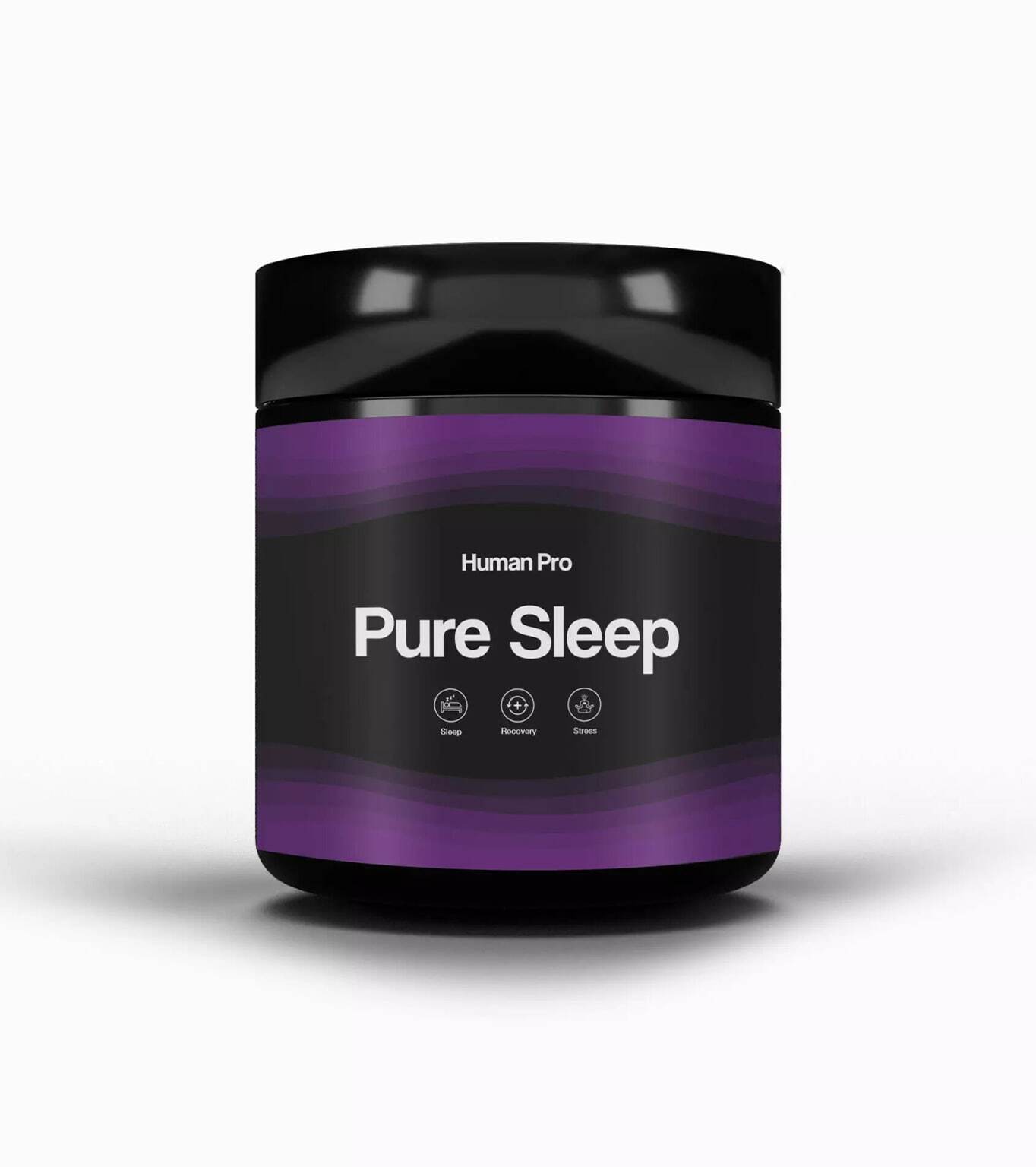Oxford defines citizen scientists as ‘members of the general public who collect and analyze data relating to the natural world, typically as part of a collaborative project with professional scientists’.
This is a fascinating and curious phenomenon. The fact that untrained individuals submit their anecdotal reports as citizen scientists potentially guides conventional science toward the next official area of study.
In other words, it seems like the market aka users, conventional folk, and experimenters are the ones laying the groundwork for the path forward.
The Impact of Citizen Scientists in Microdosing Research So Far
We would not be witnessing the blooming of the psychedelic renaissance without the tireless, sometimes anonymous, and diligent work of citizen scientists.
Their contributions have been instrumental in advancing our understanding of microdosing and its potential benefits
Despite the decades-long ban on psychedelic drugs, citizen scientists have accomplished at least three things so far:
- Precipitated the global decriminalization
Citizen scientists have played a massive role in the global movement towards the decriminalization of psychedelics. Their meticulous research and advocacy efforts have shed light on the potential therapeutic benefits of psychedelics and microdosing.
By sharing their personal experiences and scientific findings, these amazing folks have challenged the stigma surrounding these substances and sparked conversations that have led to changes in legislation and public opinion. - Helped society change its view on psychedelics
Through their dedicated research and open discussions, they’ve created a platform for sharing personal experiences and scientific knowledge about the benefits of microdosing psychedelics like psilocybin. By breaking down myths and presenting evidence-based information, these individuals have helped dispel misconceptions and challenge the negative stereotypes associated with psychedelics. - Guided medical science in terms of which anecdotal benefits to study first
The contributions of citizen scientists also played a crucial role in guiding medical science by identifying and prioritizing the anecdotal benefits of microdosing that deserve further investigation. Their efforts have helped researchers and medical professionals focus their studies on specific areas, allowing for a deeper understanding of the potential benefits of microdosing.
Via sheer enthusiasm, diligence, and commitment, citizen scientists have helped guide the next areas of scientific study.
Defining Microdosing: A Brief Overview of Low-Dose Psychedelics
At its core, microdosing involves the ingestion of minuscule amounts of psychedelic substances, often just a fraction of what would be considered a full recreational dose.
Microdosing must allow individuals to engage with daily tasks without the psychedelic effects overwhelming their senses and is not meant to be intoxicating in any way.
As I explained in my previous article The Complete Definition of Microdosing, microdosing is not a practice that is done daily, nor is it done for months/years into the future.
Consistent anecdotal reports mention enhanced cognitive functioning, mood, and creativity without significant alteration of consciousness.
Microdosing Psilocybin: Insights and Implications
While we’ve made some progress in understanding the effects of microdosing, psilocybin remains a bit of a mystery. It’s like a mix of personal stories and occasional scientific breakthroughs, creating a fascinating tapestry of experiences. We hear these intimate tales of transformation, along with some measurable results, but we have to be cautious in interpreting them.
But here’s the thing – it’s not just about personal well-being. The potential impact of psilocybin on creativity, cognition, and mood could have broader implications for how we approach mental health interventions. It’s like this whole new world of possibilities opening up.
Among all the subjective reports, some intriguing patterns are emerging. These patterns raise exciting questions about the long-term effects of psilocybin on neural plasticity and its potential to enhance resilience against mental health conditions.
And guess what?
Citizen scientists have been instrumental in expanding our understanding of the multifaceted nature of psilocybin. They’re the ones contributing to the growing scholarly interest in this field.
When we dive into the molecular level, it’s like psilocybin is conducting a neural symphony, temporarily rewiring the brain’s connections. And this temporary rewiring could lead to lasting positive effects.
People who microdose often report increased life satisfaction, but we still need more rigorous scientific validation to fully understand the extent of these effects.
So, there’s still a long way to go, and it’s going to require a collaborative effort between the meticulousness of science and the experiential wisdom of the community. Let’s embark on this exciting journey together!
The Role of Citizen Scientists in Advancing Microdosing Studies
Dr. James Fadiman changed the world with one global survey.
Back in 2011, he published the findings from a survey in his book called The Psychedelic Explorer’s Guide: Safe, Therapeutic, and Sacred Journeys.
Participants from over 59 countries responded. The findings from this survey really broke all cultural barriers and confirmed intuitive best practices.
Citizen scientists are the ones who pointed out that everyone has their own sweet spot dose.
Citizen scientists also figured out that it’s not necessary to dose every day. Nor is it necessary to dose for more than a couple of months at a time.
Following the preferred experiences of seasoned microdosers, over time these have become the signposts helping the industry to develop best practices and guidelines.
It’s this collaborative effort, anchored by citizen science, that could pave the way to more sophisticated, controlled clinical studies and, subsequently, a deeper understanding of psychedelics’ therapeutic potential.
From Anecdotal Evidence to Structured Observations
Transitioning from casual reports to meticulous documentation is essential in microdosing research.
These are some of the techniques required for reliable data collection:
- Self-monitoring Protocols: Establishing standardized measures for taking and recording doses.
- Daily Logbooks: Maintaining rigorous daily records of physical and psychological effects (tracking and journaling)
- Questionnaires and Scales: Utilizing validated instruments to measure outcomes systematically.
- Online Platforms: Our SweetSpot App (iPhone, Android), Facebook group, and our Discord channel.
- Collaboration with Researchers: Partnering with scientists to refine data quality and relevance.
Robust and reliable data emerges from structured observations, thus enhancing the scientific dialogue and fuelling the momentum.
The Impact of Microdosing on Mental Health and Well-being
A decade ago when the Silicon Valley programmers admitted to microdosing at work, the main purpose of such a practice was to access more focus, productivity, and creativity.
Over the years, we’ve heard about a wide range of positive unintended consequences that have nothing to do with just focus, productivity, and creativity.
We were consistently hearing from our community members that microdosing has helped with their mental health and overall well-being. Everything from seasonal affective disorder (SAD) to social anxiety, ADHD symptoms, cluster headaches writer’s block, and even anger management.
Whether the anecdotes are shared on our platforms or others, the point is that they are out there and they are generating a lot of attention from the medical community.
These personal testimonies reported by citizen scientists, provide intriguing insights into the potential influence of microdosing on mental health and a guiding light moving forward.
Psilocybin and Women’s Health
One of those positively unintended consequences of being exposed to psilocybin is an improvement in women’s health issues.
Women’s health is not particularly well understood anyway, so when it comes to psilocybin’s impact on women’s health, no one expected stories like these ‘Meet the women who regularly microdose psychedelics.’
Back in the day, our grandmothers had remedies for everything and everyone. Today, many of those have been lost and replaced by online search engines.
Until online search engines have enough women’s health data to report on, we will have to keep relying on our own private experiences.
And for online search engines to have the data, science will have to carry out the studies. For such studies to receive funding, they must first show to have great public interest.
A great public interest is demonstrated by online articles, documentaries, social media testimonials, and trends. Who would undertake and then execute such endeavors? Citizen scientists, of course!
Citizen Science Platforms and Communities: Where to Share and Learn
In the vast realm of psychedelic inquiry, citizen science platforms have emerged as vibrant communities for collective learning and collaboration.
These digital spaces serve as sanctuaries where individuals can contribute their experiences, share data, and weave personal insights into a larger tapestry of research.
Here, the value is not solely placed on the expertise of academically trained scientists, but also on the diverse observations and perspectives of everyday explorers of consciousness.
Engaging in citizen science initiatives is like stepping into a grand colloquium, where the line between amateur and professional blurs in the pursuit of understanding.
Organizations like the Beckley Foundation provide a welcoming gateway into this dynamic sphere, fostering discourse and investigation in a supportive environment.
MAPS was founded in 1986 and has been pivotal in how people think, talk, and consume psychedelics through research, education, and advocacy.
TripSitter is an educational platform that explores the safe and responsible use of psychedelics.
The Fireside Project is a Psychedelic Support Line that provides emotional support during and after psychedelic experiences.
This is just a short list of current communities and resources. I will write a longer blog listing more online resources and communities soon.
The Future of Research and Regulation Depends on Citizen Scientists
When it comes to microdosing, it’s all about intuition. We’re not used to having intuitive well-being and health practices, but psychedelics don’t conform to norms anyway.
That’s why the market, or should I say, citizen scientists, should be the ones leading the way. The truth is, we still don’t fully understand psychedelics or how they work on our brains. We don’t have fancy tools to measure all the cool stuff like neuroplasticity or brain activity. It’s all about going with our gut feelings.
Sure, there have been some advancements in neurological technologies, but they’re still not widely accessible to all psychedelic users. So, we rely on our own experiences and the stories shared within our community.
By the time science catches up and confirms what we’ve been intuitively feeling, we’re not surprised at all. We’re just happy to be vindicated in our initial assumptions. It would be amazing if one day we could measure our synaptic connections or track our neurological health before and after using psychedelics. That would be so cool!
But until then, let’s keep letting citizen scientists lead the way in exploring the impact of psychedelics in our lives. Every day, we’re learning something new, and it’s all thanks to the collective wisdom of our community. We share stories and corroborate experiences, and together, we’re pushing the boundaries of what’s possible.
Together, We’re Pushing The Boundaries
Citizen scientists kept the embers burning during the 5 decades psychoactive compounds were globally banned.
Citizen scientists chipped away at laws and legislation. Regulation by regulation. City by city. Until one day there was a breakthrough. One place at a time. One law at a time. One medical study at a time. Progress is made. The genie is out of the bottle.
…..And yet! Citizen scientists are needed today, more than ever. The more we understand, the more questions arise.
We need to hear more stories and experiences. Post in our Facebook group or our Discord channel. Chime in on Reddit’s Microdosing group.
Tell your fishing buddies, tell your dentist, tell your gardener.
The areas that society and culture focus on are the leads that the scientific community is likely to follow. Let’s lead the way!
If you’ve never microdosed before and want to get started, then grab your starter kit here and be sure to read up on how to find your sweet spot and your ideal protocol.
No matter what; stay curious, stay connected, and stay open.
As always
Flow strong
Asha ✨







0 thought on “Citizen Scientists’ Impact on Microdosing”